The food you consume daily can have a significant impact on your digestive well-being. While some foods nourish and support your gut, others may be secretly wreaking havoc on your stomach health.
Exploring the common culprits can help you make informed dietary choices and foster a happier, healthier gut. From high-lactose dairy to salty snacks, understanding these food items is crucial for maintaining optimal stomach health.
1. Milk and high-lactose dairy foods
Ever felt the unsettling churn after indulging in a creamy delight? Milk and high-lactose dairy foods, while often delicious, can be a source of discomfort for those with lactose intolerance. The inability to digest lactose can lead to bloating, gas, and diarrhea. It’s a common issue many face without realizing.
Switching to lactose-free alternatives or reducing intake might be beneficial. Embracing plant-based options such as almond or oat milk could also be a game-changer. Awareness of how your body reacts to dairy is essential for stomach comfort.
2. Unhealthy fats
Often found in fried foods and processed snacks, unhealthy fats can be a sneaky enemy to your stomach. They slow down the digestive process, leading to discomfort and bloating. These fats, especially trans fats, are a staple in fast food and can wreak havoc on gut health.
Opting for healthier fats like those in avocados and nuts can lead to a happier digestive system. It’s not just about avoiding fats, but choosing the right kind. Become friends with good fats and watch your stomach thank you.
3. Carb-dense foods
Is your love for pasta and bread leaving you sluggish? Carb-dense foods can be a challenge for your stomach. They can ferment in the gut, causing bloating and discomfort. This may not only affect your waistline but your overall energy levels.
Incorporating complex carbohydrates like quinoa and sweet potatoes might offer relief. Balancing your diet with fiber-rich alternatives can support better digestion. Listening to your body and its response to carbs is key to maintaining digestive harmony.
4. Processed meat
Processed meats like sausages and bacon, though tempting, might not be your gut’s best friend. High in preservatives and additives, these meats can disrupt your digestive system. The lack of fiber combined with heavy processing may lead to bloating and other stomach woes.
Opting for fresh, lean meats or plant-based proteins can be a stomach-saver. Understanding the balance between indulgence and health is vital. Your gut may appreciate the shift towards minimally processed options.
5. Excess fructose (in apples, honey, asparagus)
While apples and honey are natural delights, excess fructose can be problematic. For some, this natural sugar ferments in the gut, leading to bloating and gas. It’s a common issue that can take many by surprise.
Moderation and mindful consumption might be the answer. Exploring lower fructose options or reducing portion sizes could alleviate discomfort. Paying attention to how your body reacts to these foods is essential for maintaining balance.
6. Beans and nuts
Wholesome as they are, beans and nuts can sometimes lead to digestive distress. Known for causing gas and bloating, they contain compounds that may not agree with everyone. This doesn’t mean they should be avoided entirely, but attention to quantity can make a difference.
Soaking beans before cooking and enjoying nuts in moderation may alleviate some issues. It’s about finding the right balance to enjoy these nutritious foods without discomfort. Your gut will appreciate the thoughtfulness.
7. Fried foods
Fried foods, though crispy and tempting, might be your stomach’s foe. The high-fat content and greasy nature can lead to slowed digestion, causing bloating and discomfort. Frequent consumption may also lead to long-term digestive problems.
Considering baked or air-fried alternatives might offer a satisfying crunch without the gut strain. Making mindful choices can lead to a happier digestive system. Remember, moderation is key when it comes to fried indulgence.
8. Garlic, onions, and high-fiber cousins
Loved for their flavor, garlic and onions might not always be loved by your gut. High in FODMAPs, these foods can cause bloating and gas for sensitive individuals. They are a staple in many dishes, making it tricky to avoid.
Trying small quantities or cooking them thoroughly might ease the digestive impact. Exploring alternatives like chives or the green part of scallions could be a flavorful substitute. Your stomach will thank you for the consideration.
9. Fat-free foods
The promise of fat-free might sound appealing, but these foods often hide a secret. They can be high in sugars and artificial additives to compensate for flavor. This can lead to digestive unease and unexpected bloating.
Choosing whole-food options or minimally processed snacks could offer better satisfaction and digestion. It’s about understanding the trade-off between fat content and overall health. Your body might prefer the natural route.
10. Fructose-sweetened beverages
Sodas and sweetened drinks, while refreshing, can be a stomach’s nightmare. High in fructose, they can ferment in the gut, leading to bloating and gas. The carbonation doesn’t help either, often exacerbating discomfort.
Switching to water or herbal teas might be a refreshing change for your digestive system. Awareness of what goes into these beverages can lead to better choices. Your gut may appreciate the hydration without the added sugar.
11. Natural and artificial sweeteners
Sweeteners, both natural and artificial, might not be as sweet for your stomach. They can cause digestive issues like bloating and diarrhea, particularly in large quantities. This might be surprising given their calorie-free appeal.
Experimenting with natural sweeteners like honey or maple syrup could be a gentler option. Moderation remains essential to avoid discomfort. Understanding your body’s reaction can lead to more enjoyable sweet indulgences.
12. To-go salads
Convenient as they are, to-go salads might come with hidden pitfalls. Often laden with preservatives and dressings high in sugars, they can disrupt your digestive peace. The freshness might not always be guaranteed, leading to unease.
Preparing fresh salads at home with simple ingredients could be more gut-friendly. Embracing control over what goes into your meal might lead to better digestion. Your stomach might favor the DIY approach.
13. Breakfast pastries
Morning indulgences like pastries might start your day on a tasty, yet troubling note. High in sugar and fats, these treats can lead to digestive sluggishness and bloating. The quick energy boost often comes with a hidden gut cost.
Opting for whole-grain alternatives or protein-rich breakfasts might provide sustained energy and comfort. Balancing taste with health can lead to a more enjoyable start to the day. Your stomach might welcome the change in routine.
14. Alcohols
The evening glass of wine or beer might be a relaxing ritual, but not for your stomach. Alcohol can irritate the digestive tract, leading to discomfort and inflammation. Over time, it might contribute to more serious digestive issues.
Moderation and mindful consumption might be the key to enjoying these beverages without the side effects. Considering non-alcoholic alternatives could also be a beneficial switch. Your gut might appreciate the occasional break.
15. Salty snacks
Salty snacks, though satisfying, can lead to a bloated belly. The excessive salt content can disrupt the fluid balance in your body, leading to water retention and discomfort. It’s a sneaky issue that can affect even those who consider themselves healthy eaters.
Switching to unsalted or lightly salted alternatives might offer a similar crunch without the digestive downside. Understanding portion control and salt intake can contribute to a happier gut. Your body might enjoy the lighter approach.
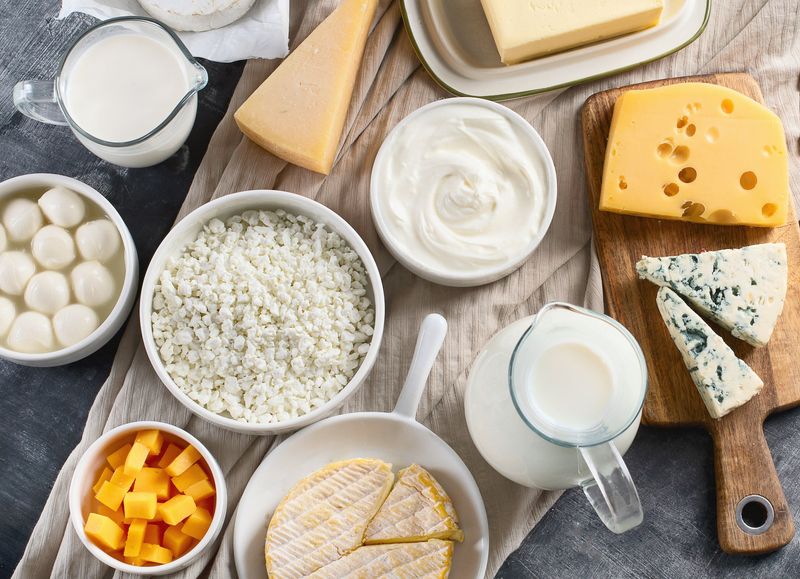
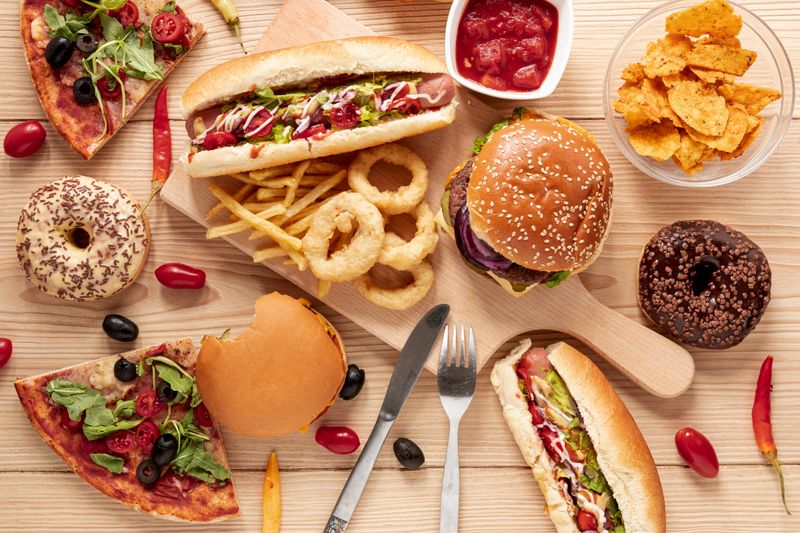
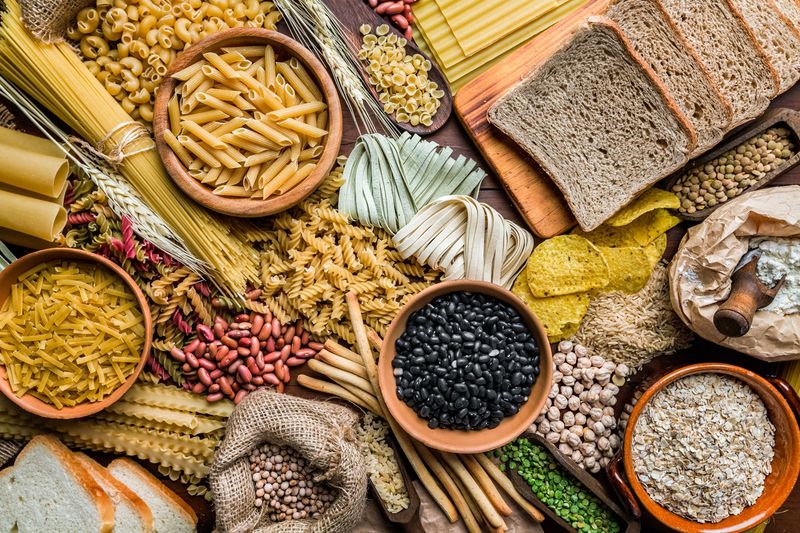

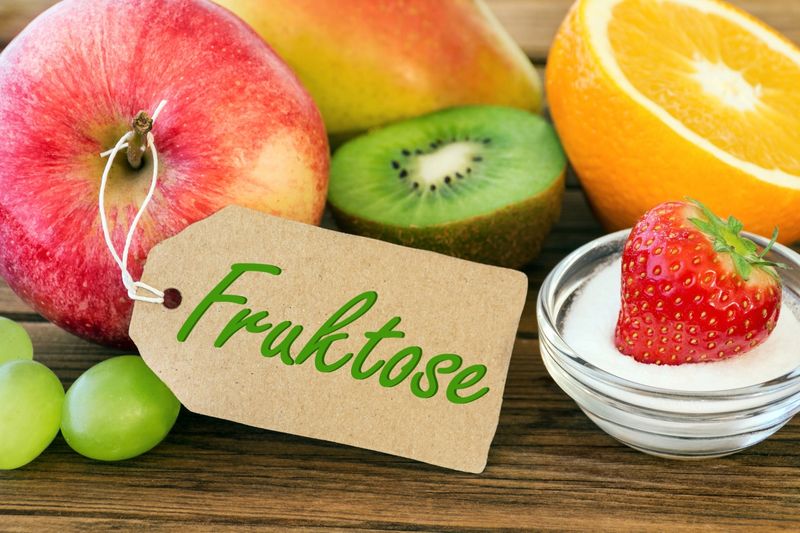
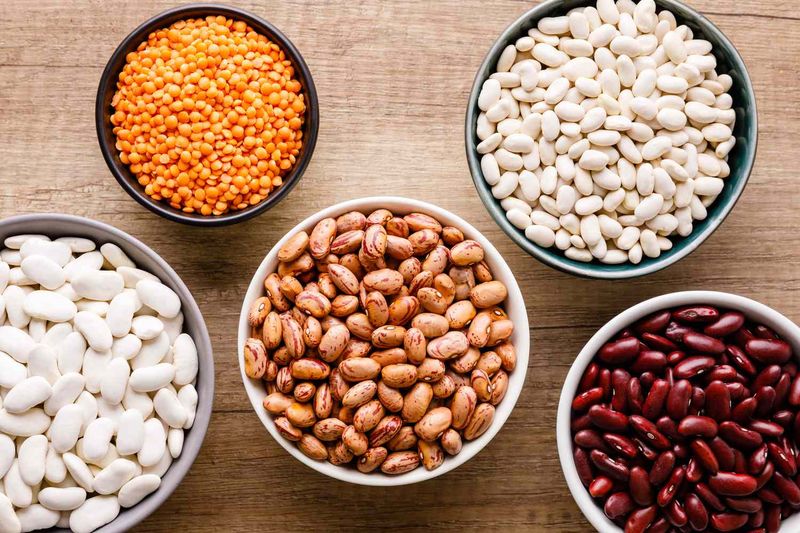

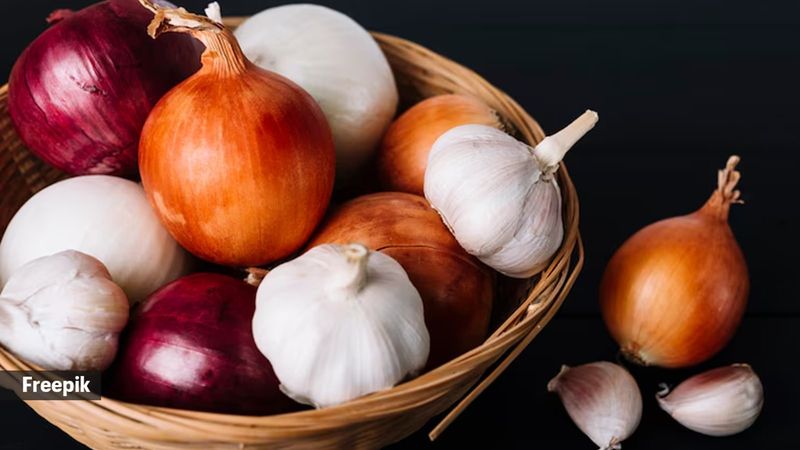
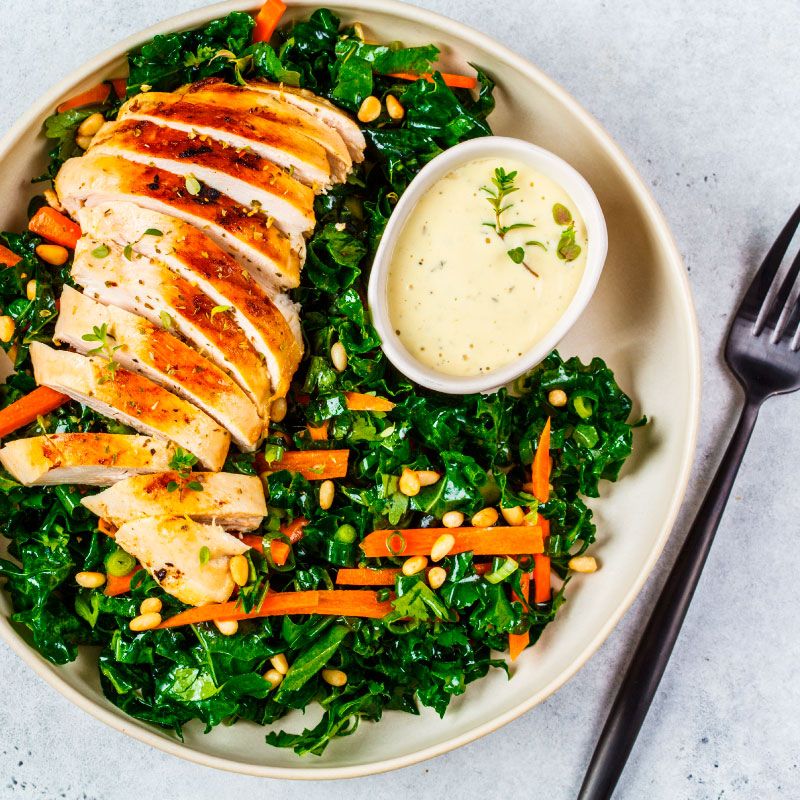





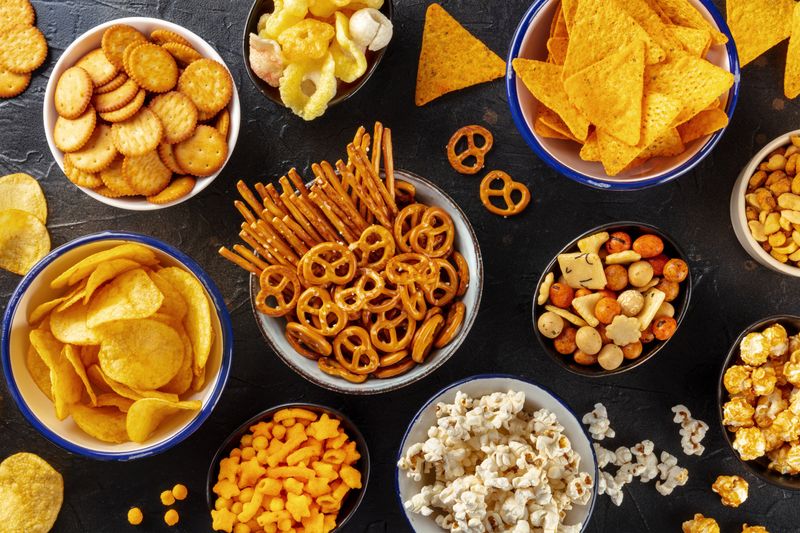
Leave a comment